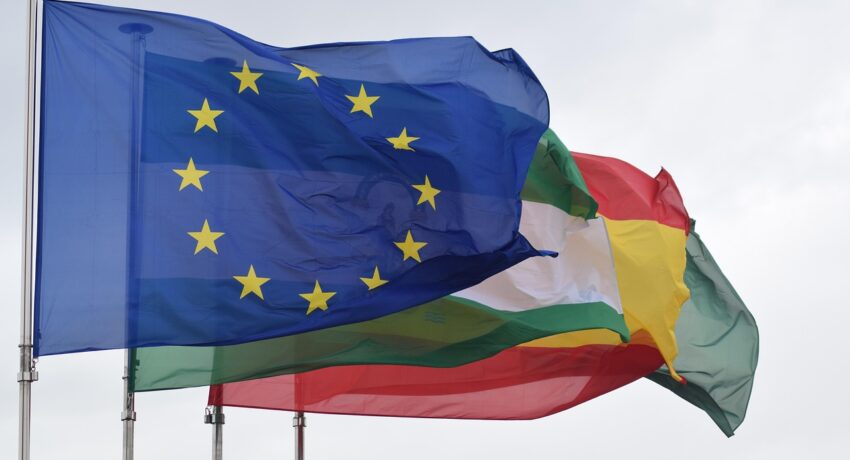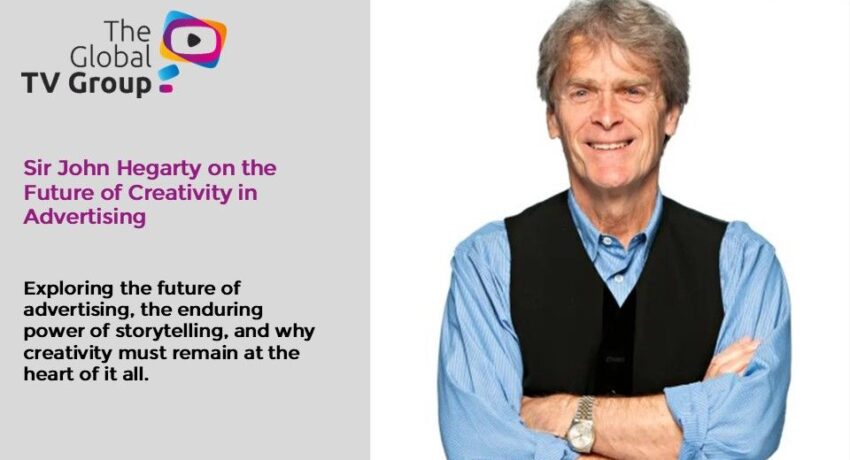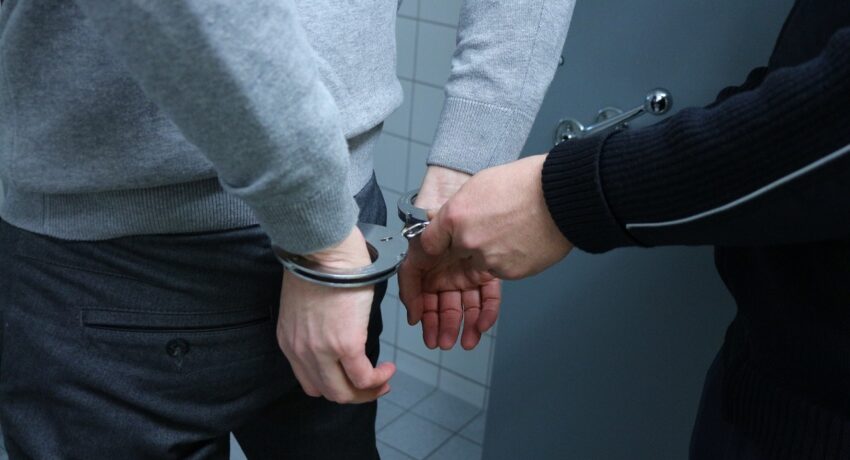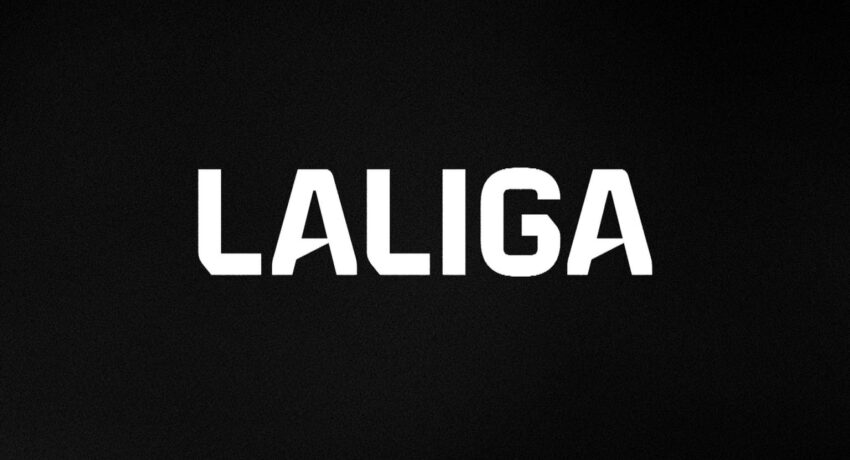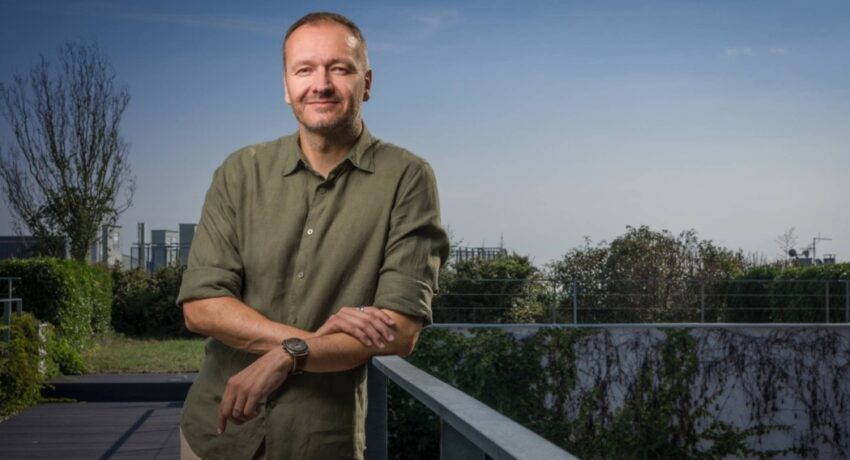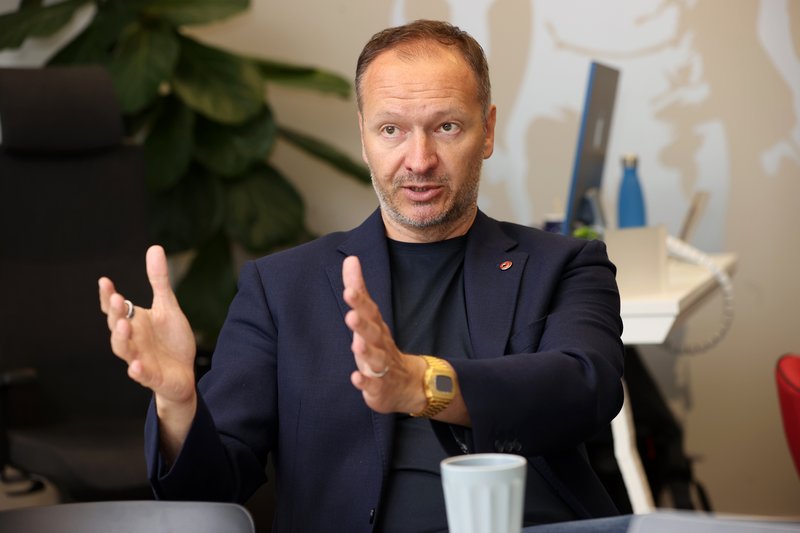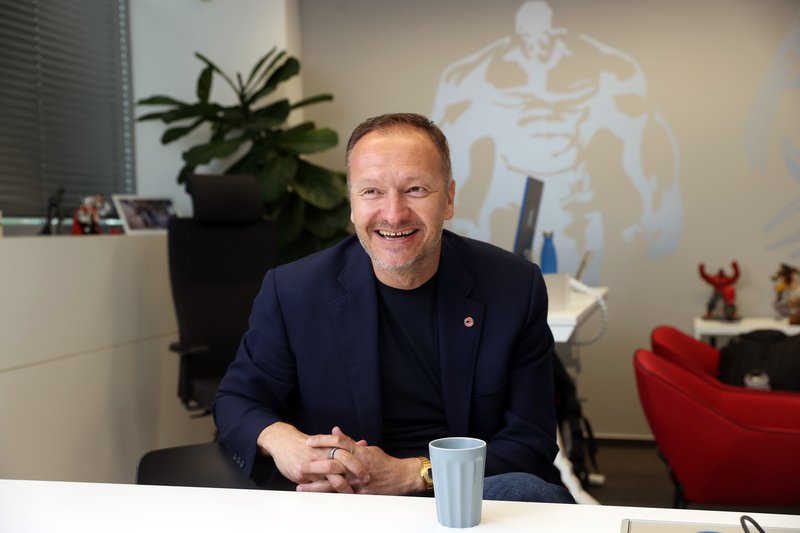With this autumn’s programming lineup, Prima aims to move toward more aspirational content. “We want to surprise viewers to some extent while still delivering what they expect from us,” says Prima CEO Marek Singer.
The Prima media group is entering the autumn season with new series Polabí and Mladá krev, the return of Zdeněk Pohlreich, the second season of the psychological reality show Zrádci, and the development of its digital platform prima+. In addition to classic television broadcasting, it is focusing on building a regular offering for streaming audiences, testing thematic FAST channels, and preparing technological support for targeted advertising in cooperation with operators.
In an interview with Prima Group CEO Marek Singer, we talked about programming strategy, expectations for the main autumn releases, developments in the advertising market, and how Prima sees its role in the hybrid television and digital world.
The series Polabí, which Dramedy Productions is preparing for Prima, can be described as the key new release this autumn on Prima. The description indicates that the style of the new release is different from the existing Tuesday and Thursday romantic series, such as Slunečná, ZOO, and Kamarádi. Was that your intention?
We wanted a change. With its romantic relationship series genre, Slunečná was perfectly timed for the COVID period, and thanks to that, it appealed to a large audience. Logically, we then built other series in a similar vein to build on its popularity. But I think it’s time to give viewers a break from modern romantic fairy tales. So, we started thinking about a different genre. Filip Bobiňski came up with the idea for the series Polabí, which we liked. It’s another longer format, an 80-episode series, but this time with a crime storyline, authentically set in everyday life. I would describe it as less fairy-tale-like and more based on life in a small Czech town. Polabí has a distinctive atmosphere, a fresh cast, and a narrative style that is different from our previous series.
Based on the trailers and initial episodes released, Polabí differs from Prima’s previous long-running series in its production approach. We should also mention that Polabí will replace the series Kamarádi, which is moving to Wednesday evenings from the autumn, a slot that has previously been reserved for detective shows on Prima. What were your thoughts and considerations about this change?
The style of Polabí is different. I would say it is significantly more civil and realistic. That’s neither good nor bad. I don’t mean to say that romantic fairy tales no longer have a place. They have their audience. Kamarádi is such a modern fairy tale. With exaggeration, I would compare the series to Beverly Hills 90210. Thanks to the combination of a romantic series and a more realistic one, such as Kamarádi and Polabí, we achieve a good balance in our programming portfolio.
What do you expect in terms of viewership? Do you think Polabí could surpass Prima’s previous results in the Tuesday and Thursday slots?
I firmly believe so. It’s new, and that brings both opportunities and threats. It’s really hard to predict. The threat is that viewers won’t like the new type of storytelling, which they are not used to. The opportunity is that we will be able to reach a new audience.
I think viewers who like series and the Dramedy Productions style (Editor’s note: Vyprávěj, Kukačky, Zlatá labuť, etc.) will like Polabí. We are also targeting the trailers differently – more suspense, a little mystery… We want to attract new viewers for Tuesday and Thursday evenings. Ideally, we should retain our existing viewers and add new ones to achieve higher ratings.
So, is the goal to appeal to viewers of the public channel, which in recent seasons has been showing foreign series on Tuesdays and Thursdays?
As I said, we want new viewers. I believe that the new series Polabí will also appeal to ČT viewers and that every viewer will find something to their liking thanks to the narrative structure.
Apart from the fact that Polabí is new, and so we can only estimate the ratings it will achieve, another unknown factor is the possible impact of your main commercial competitor, Nova, which is also launching a new series, Bratři a sestry, at the same time.
Of course, it’s also a new series, and there are more unknown aspects. I expect a battle between the series. Quality is important, but the results always depend on various factors.
And your guess? Could it end in a draw?
I have no idea, I haven’t seen the competing series. The theme is also interesting. Whether the result will be a divided audience remains to be seen. It has happened before. Previous series have also divided audiences according to target groups (Editor’s note: the series Kamarádi won in the 18–69 age group, Jedna rodina in the 15–54 age group).
The threat is that viewers won’t like the new type of storytelling, which they are not used to. The opportunity is that we will be able to reach a new audience.
Marek Singer
Prima’s autumn schedule will also feature a new crime series called Mladá krev. Can you give us a brief introduction? What kind of crime series will it be?
Mladá krev (Young Blood) is a more serious crime series than what Prima viewers have been used to in the past. The script was written by Alice Nellis and she did a really excellent job. It’s not an entertaining detective story like Polda. The basic plot revolves around two generations of criminal investigators who have to work together in one place. They don’t get along very well, which leads to various situations and relationships. So it’s mainly about the clash of experiences, approaches, and mentalities.
Is the series based on a foreign source, or is it an original idea?
It’s an original script. Each episode focuses on a single case, while an overarching storyline connects the entire series.
Are you considering a second season?
If Mladá krev proves successful, there may well be more seasons. It’s a classic genre, but with an original twist in the form of a clash between two generations. The series also has an excellent cast, and I believe both generations of actors can appeal to the audience.
After many years, Zdeněk Pohlreich is also returning with his show Ano, šéfe! (Yes, Chef!). Do you think it has a chance of building on the success of the early seasons, which were a phenomenon in their day?
They say you can’t step into the same river twice, and Zdeněk himself feels the same way. He also knows that Yes, Chef! can’t be done the same way it was before. When he started, gastronomy was in a completely different state, and there were many pubs with shortcomings. Today, operators are more experienced. But at the same time, they often face more difficult conditions after COVID-19, because the entire industry has been under pressure since then. Zdeněk sees the new series as a mission to raise the profile of quality gastronomy and show that it has its place in society. He is at his best – funny, tough when he needs to be, but of course older and calmer. For his fans, who love him, it will be a welcome return.
We have already mentioned that you have long held a detective line on Wednesdays, but now that is changing a bit with Kamarádi. Friday traditionally belongs to the show Máme rádi Česko, Saturday to the new detective series Mladá krev, and Sunday to the second season of the psychological reality show Zrádci (The Traitors). The latter is generating a lot of excitement. How do you feel about that?
It will be really interesting because the phenomenon of the first series of The Traitors grew gradually with each episode. It will depend greatly on how successfully viewers are presented with the fact that this is a different story. Just as good, maybe even better, but mainly different. The second series features different characters, so they can’t play the same game as the players in the first series. They simply play differently. Thanks to the skilled direction of Markus Krug, I believe the second season could be even more successful than the first.
The first season clearly made an impact beyond television, which is reflected in the immediate rollout of derivative formats for the second season, including an aftershow, cinema screenings with discussions starting from the first episode, and a podcast.
Definitely. The Traitors is one of the first formats that works for us outside of traditional television broadcasting, and we are producing it for our VOD offering (Editor’s note: prima+). We want to create these kinds of “waves,” but we still have to learn how. We learned in the first season, and now we’ll see how far we can go with the second.
The phenomenon of the first series of The Traitors gradually developed with each episode. It will depend greatly on how successfully viewers are presented with the fact that this is a different story.
Marek Singer
Let’s stay with Monday prime time. Last year, you said that it was a difficult evening due to strong competition from detective shows on both main rival channels (Specialisté on Nova and Oktopus 2 on ČT1 starting in September). Have you found a long-term solution?
We are currently dealing with Mondays through tactical interventions, specifically films. In general, we invest where we see a reasonable return, even in the face of tough competition. So far, we haven’t found a format that can break Monday evenings. We don’t want to try something just for the sake of it, because that’s very expensive. That’s why we’re playing it safe, focusing on slots that work for us and investing there.
If you had to sum up Prima’s entire autumn programme in one sentence, how would you define it?
I would say it’s a shift towards slightly more demanding content. We can see that the whole market is moving towards more aspirational content, and we are trying to follow that trend. We want to pleasantly surprise viewers while offering them what they expect from us.
On the prima+ video platform, you have already tried out a number of formats over the past year, including previews and your own content produced exclusively for online viewing. How does VOD work alongside linear broadcasting? Do the two worlds of linear and non-linear broadcasting make sense together?
They do make sense, but a lot depends on the specific title and how successful you are at getting “content trains” started for individual target groups. If you want to keep viewers on an online service, it’s not enough to offer them one title a year. We’ve seen that three, maybe four programme genres work very well in streaming. The key is to build content continuity so that viewers not only come to the online service and register but also pay and stay. That’s something we’re building now. We already have a pretty good foundation in the docu-crime genre. For big reality shows, we’re relying on The Traitors, to which we’ll be adding a new show next spring. We will start with drama in the autumn and expect to complete it within a year. That’s a task for Jan Maxa. If we succeed, there is a chance to monetise the content, either through subscriptions or advertising.
If you sell one GRP on television now, how many prima+ subscribers will compensate you financially?
That can be calculated. We know how much a GRP costs, we know how much a subscription costs, we deduct VAT, operating costs… The cost structure is similar in both cases. In-house production is more expensive than acquisition, but when we look at the entire portfolio, streaming currently brings lower margins than traditional television—not just for us, but for everyone. But that’s how things are developing. The world is changing, and we have to adapt. There will be more models online as well, and we will try to use various methods to get the most out of every viewer, not only through subscriptions but also through advertising. Within two years, we will see new opportunities in advertising thanks to new technologies.
How many subscribers does prima+ currently have?
We currently have 1.4 million registered users, 21% of whom are paying subscribers. That’s just under 300,000 users.
For now, streaming brings lower margins than traditional television—not just for us, but for everyone. But that’s how things are developing. The world is changing, and we have to adapt.
Marek Singer
In the past, you said that Prima wanted to appeal to linear and non-linear viewers, as well as those who watch HbbTV. How do you see the potential of FAST channels?
FAST channels are interesting, but so far, they are more of a supplement. They work well when there is a large library available that can be sorted by theme and monetised through advertising. However, it has to be as automated as possible because profitability is not high. I estimate that FAST channels will start to appear more with IPTV operators. It will no longer be as static an environment as has been so far. Channel lineups will become more tailored to what users want on a particular service.
Is Prima planning its own FAST channel?
In the autumn, we will try something like a “seasonal FAST channel” in cooperation with Vodafone. It will be a channel built around The Traitors, but it will not be only about them. If everything goes well, it will be the first step in this direction. It is a seasonal channel for this autumn.
The IPTV market has been influenced by the merger of O2 TV and Voyo into the Oneplay platform this year. Do you see this as a fundamental change?
It is significant in the sense that the competition has consolidated the subscriber base of Voyo and O2 TV. They know how much overlap they have. Since a lot of people who didn’t have O2 had Voyo, it’s interesting for them. It’s hard to say how much it will affect other operators. It will definitely have some effect. We’ll see what impact it will have on terrestrial TV, because it would be logical for Voyo and O2 TV subscribers to watch TV via O2. So far, however, it seems that viewers were watching channels via an antenna and had Voyo in addition to that. We will definitely change the way we work with other operators. We will seek further strategic cooperation, not only with Vodafone, because the merger of Voyo and O2 has essentially opened up the other half of the market for cooperation.
In addition to Vodafone, you also have a partnership with the Scandinavian VOD service Viaplay. This will give prima+ viewers access to titles from Viaplay’s offering. Is this a long-term project?
Yes, it is a multi-year contract with a relatively large volume of content. Viaplay has really high-quality titles – not only crime series that are well known throughout Europe, but also reality shows and documentaries. The catalogue is gradually expanding, and a relatively large part of the offering is changed every year. This is exclusive content that Czech viewers will not see anywhere else.
We will strive for further strategic cooperation, not only with Vodafone, because the merger of Voyo and O2 has essentially opened up the second half of the market for cooperation.
Marek Singer
Let’s return to television. Despite the development of VOD services, television advertising revenues remain the main source of funding. How would you assess this year’s developments in the television advertising market?
I would describe it as less certain. The first half of the year was comparable to last year, perhaps slightly better, but the summer has been weaker. Now we will see what autumn brings.
Are you planning a significant increase in TV advertising prices for next year?
We will raise prices, but the question is by how much. With the number of people watching television declining, we cannot maintain current advertising prices. I don’t want to speculate on the exact increase, but I expect it to be higher than a few per cent.
And how do you respond to clients who say that their target audience is under 40?
We hear that a lot. But if you say that your target audience under 40 is the only thing you’re interested in, then you’re automatically excluding at least a third of your potential customers, which doesn’t make sense to me from a marketing perspective. The reality of Czech demographics is that older audiences are key, even if not everyone admits it.
I don’t want to speculate on the exact increase, but I expect the growth in TV advertising prices to be higher than a few per cent.
Marek Singer
Are you planning any changes to your channel portfolio in the near future? You were considering launching new stations Prima Port and Prima Case. What is the current situation?
We are not planning any new stations in the autumn. We will focus more on modifying the existing ones. We will adapt the content and positioning of individual channels to better suit their target audiences. If a channel starts to stray from our intended direction, we will steer it back on course. However, this is an ongoing process and is not necessarily tied to the start of autumn.
We are preparing a new channel in Slovakia, where we will launch the Slovak version of Prima Krimi on 1 September. This will complete our portfolio for the Slovak market.
In June, you reported the consolidated revenue of the entire Prima group, including radio and online, for last year. It was approximately CZK 7 billion. You stated that the largest part of this was television advertising. Did you see a year-on-year shift in the share of VOD and other digital income in total revenues?
Television advertising remains the main source of revenue, but it is clear that digital segments are growing. Personally, I see an opportunity in inserted advertising, which is a matter of technological adjustments and negotiations with operators, which are currently underway. The percentage of non-linear revenues will definitely grow. How fast, I don’t know, but I can imagine that within five years, the share of linear and non-linear revenues could be balanced. It depends on whether we can take the best of television and the best of online and offer it in a single product.
I can imagine that within five years, the share of linear and non-linear revenues could be balanced.
Marek Singer, CEO, FTV Prima
He has been CEO of FTV Prima since March 2008, with a break from January 2013 to May 2015, when he was Executive Vice President of MTG for Central and Eastern Europe. He spent the first eight years of his career at Unilever in Europe and the United States. From 2002, he spent four years as marketing and then sales director at Masterfoods. In the following two years, he worked as sales and marketing director at Karlovarské minerální vody, with responsibility for the Czech Republic and Slovakia.
Source: mediaguru.cz

